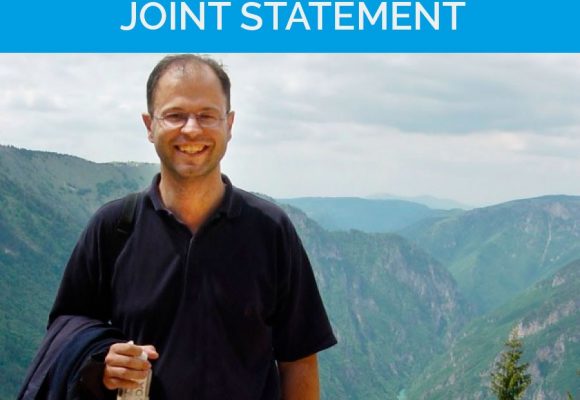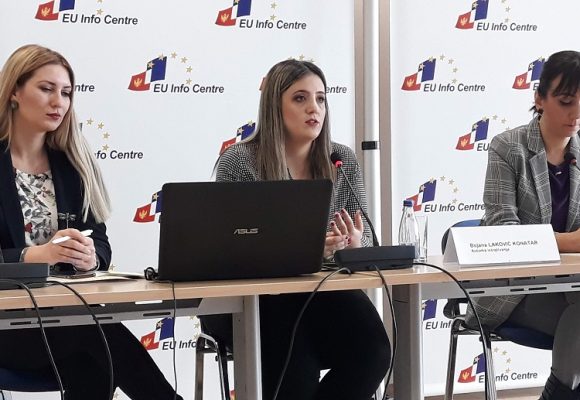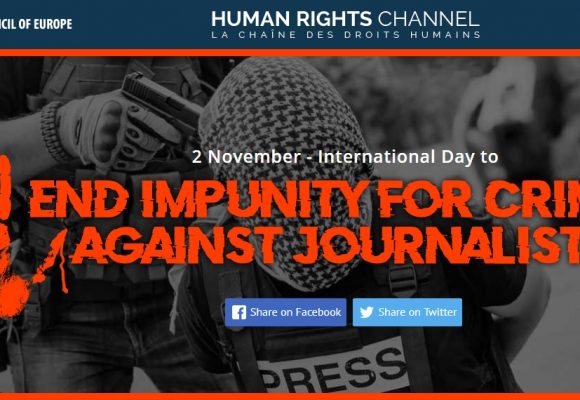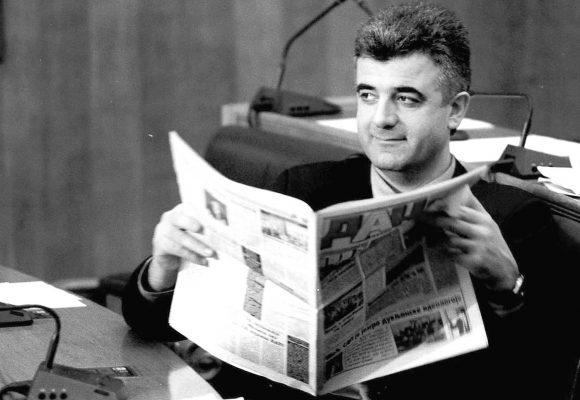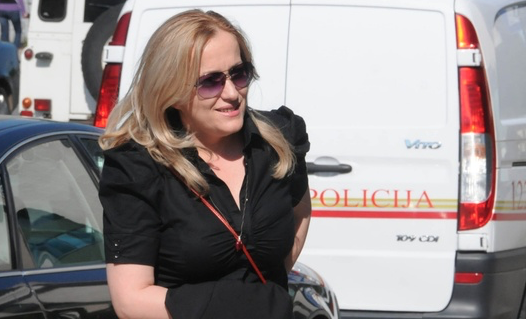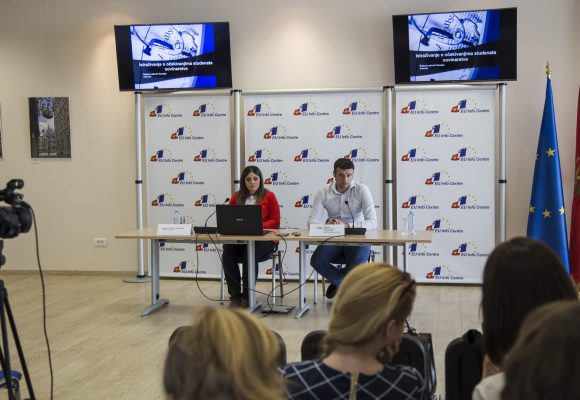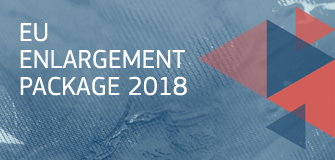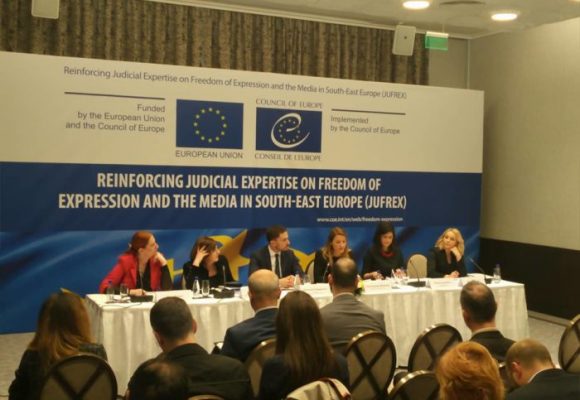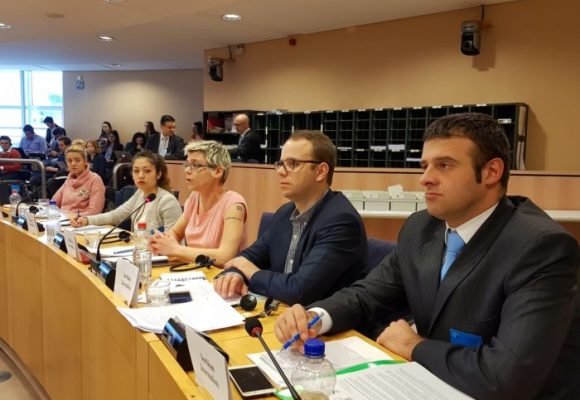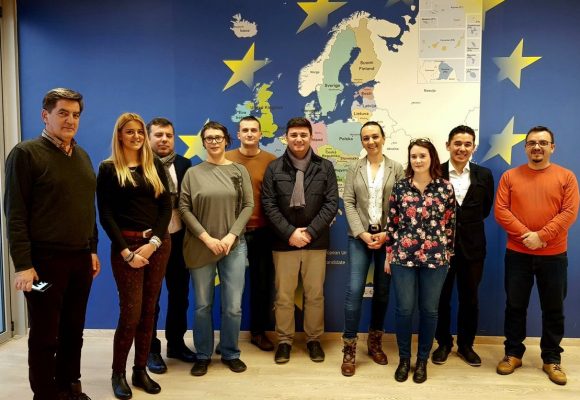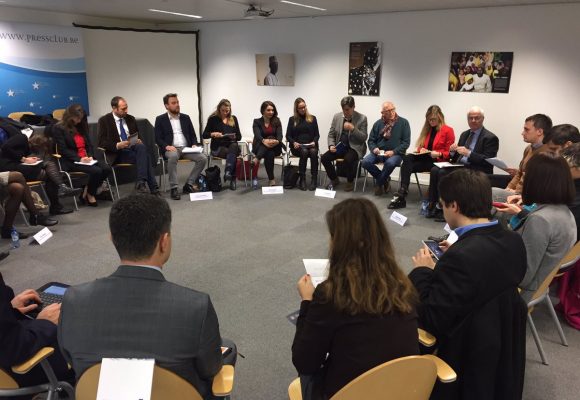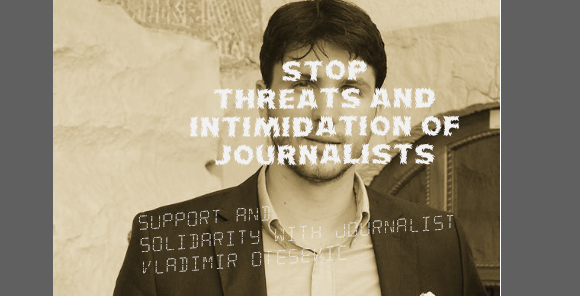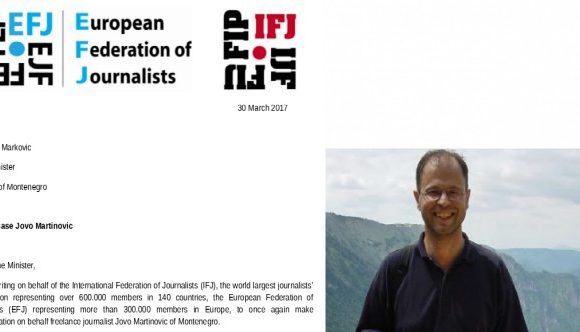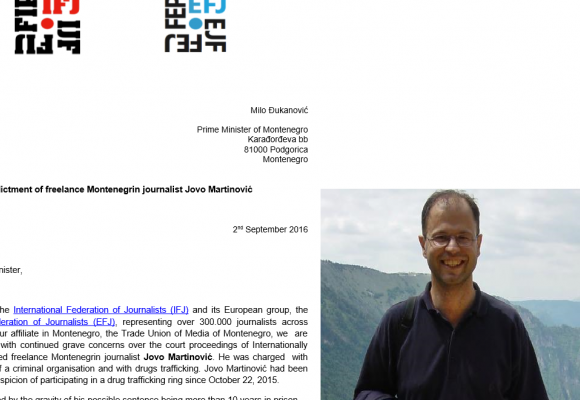Montenegro: historic collective agreement improves employees’ rights at public broadcaster RTCG
The Trade Union Media of Montenegro (SMCG) signed an historic collective agreement with the public broadcaster Radio Television of Montenegro (RTCG) on 28 June, after three years of collective bargaining. According to SMCG, a valid collective agreement in the public broadcaster has not existed for almost 10 years. The document was signed by the Minister of culture Aleksandar Bogdanovic, the Managing Director of RTCG Bozidar Sundic, and the representatives of the trade unions Jadranka Drobnjak and Slavica Kruscic. It affects the daily work of more than 700 employees, out of which 300 are members of SMCG. The agreement is the…


